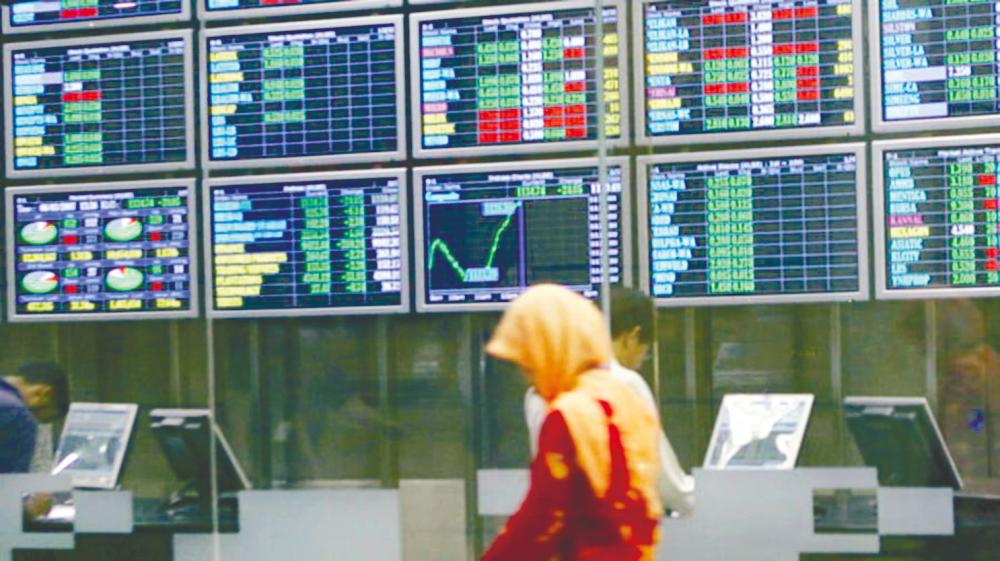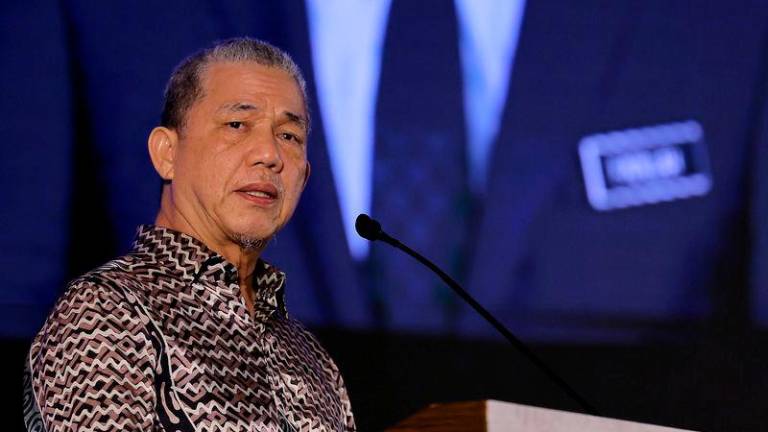PETALING JAYA: Malaysia’s corporate earnings picture will be the main clue to the domestic equity market’s outlook in the midst of the Covid-19 pandemic.
RHB Asset Management chief investment officer Mohd Fauzi Mohd Tahir said a comeback in corporate earnings is the most important element for a sustainable rise in Burssa Malaysia’s benchmark index, the FBM KLCI.
He noted that the index has seen a 32% rebound to a high of 1,611.42 points from a low of 1,219,72 points on March 19, 2020.
Drawing from the lessons of the global financial crisis of 2009, Fauzi said there was a lag of about three months between the index hitting bottom and the end of the earnings downgrade on the equity market.
The previous crisis also saw the worst gross domestic product (GDP) performance coinciding with Bursa’s corporate earnings downgrade.
“Back then, corporate earnings between April and December 2009 were upgraded by 23%, but at the time there were no social distancing measures to contend with hence the economy recovered quickly, compared to what we are experiencing now,” he said at RHB Asset Management’s webinar themed “Malaysia: Time for a Reality Check?” today.
Should history repeat itself, Fauzi expects Bank Negara Malaysia’s upcoming GDP announcement to mark the bottom of the current crisis and the corporate earnings downgrade to end in the second quarter of 2020, which aligns with the three-month lag seen in the previous crisis.
He pointed out that there was a 4% earnings upgrade in July contributed by the glove sector that signalled the end of the earnings downgrade cycle. “Another good thing to note is, that there has not been any major downgrade in other sectors of KLCI constituents.”
Meanwhile, Credit Suisse Securities Malaysia head of research Danny Goh said improvements in corporate earnings could lead to a return in foreign investors to the market.
Since the global financial crisis, Malaysia has seen foreign outflow of RM24 billion, which has accelerated to RM18.5 billion in the first six months of 2020, and foreign ownership stands at a record low 21%.
He attributed the drop in foreign ownership to the deteriorating return-on-equities, which has fallen to under 7% from an average of 10-11% in the past.
Goh pointed out that the country has suffered the second biggest earnings contraction in the region. “As soon as Malaysia can show that earnings can grow better against the rest of the region then we can expect foreigners to return to Malaysia.”
However, the head of research acknowledged that there has been some foreign inflows into certain sectors such as rubber gloves, which indicated that foreigners do put money into a country where they see earnings growth and improvement in returns.
Apart from that, he said there is lack of technology representation in the Malaysian market, which remains relatively small against the entire market, as countries with a relatively high technology weightage have seen better foreign flows into their markets in the last three to four years.
Macquarie Capital Securities head of research and strategist Prem Jearajasingam agreed that the lack of interest by foreign investors boils down to the lack of growth in Malaysia.
However, he believes that there will be a reversal from the current emphasis on equities with a growth trait, which has driven investors into the technology sector, as some investors would move back to prioritising value.
Prem also believes that the money would shift from the US and back to the emerging markets.
“When that move takes place, you will see a fair amount of capital trickle back into the Asean region and Malaysia could see some of that inflow as the selling over the past few years has been excessive,” he said.
With regard to the impact of the impending end to the loan repayment moratorium, which could see the retreat of retail investors fuelled by excess liquidity, the strategist opined that the domestic institutional investors are sitting on a fair amount of cash.
Should the earnings outlook or narrative not deteriorate going into 2021, he said, it could serve to mitigate any lower retail participation.
“If we can see corporate earnings not being materially worse and some political stability, corporate earnings moving upwards, I think the institutional money will come in to smooth out the sell-off by the retail side.”










